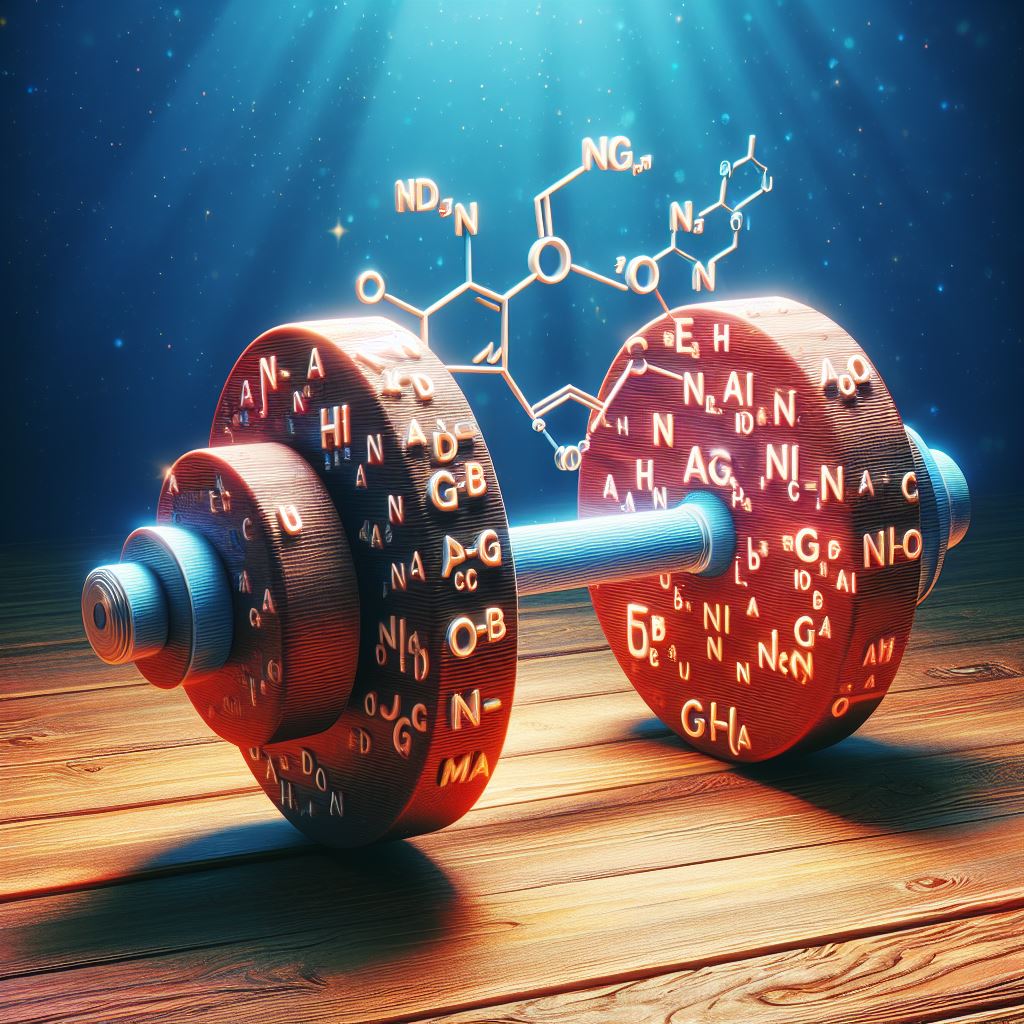In the world of fitness and sports nutrition, few supplements have garnered as much attention and controversy as creatine. Often grouped with amino acids due to its widespread use in muscle-building supplements, the question arises: Is creatine truly an amino acid? Let's delve into the science to separate fact from fiction.
Firstly, it's crucial to clarify that creatine is not an amino acid. While it shares similarities with amino acids in its chemical structure, containing nitrogen and playing a role in protein metabolism, creatine is actually a nitrogenous organic acid. Chemically, it is composed of three amino acids: glycine, arginine, and methionine, but it's not classified as an amino acid itself.
Creatine's primary function in the body is to provide rapid energy replenishment during high-intensity activities, such as weightlifting or sprinting. It achieves this by aiding in the production of adenosine triphosphate (ATP), the body's primary energy currency. This replenishment of ATP allows for increased strength, power, and endurance during intense physical exertion.
Moreover, creatine supplementation has been extensively studied and proven effective in enhancing athletic performance and promoting muscle growth. Its benefits extend beyond just the realm of bodybuilding, as it's been shown to improve cognitive function and support overall health as well.
In conclusion, while creatine may share some characteristics with amino acids, it is not one itself. Understanding the distinction is crucial for those seeking to optimize their supplementation regimen and achieve their fitness goals effectively. With its well-established benefits backed by scientific research, creatine remains a valuable tool for athletes and fitness enthusiasts alike.

